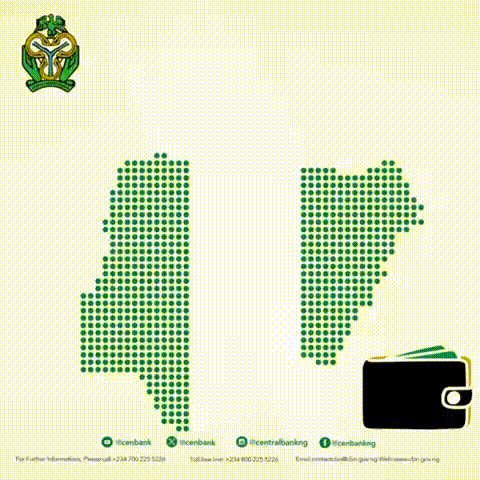
Nigeria imports N1.19trn crude in Q1 2025 amid local supply challenges
Nigeria imported crude oil worth N1.19 trillion in the first quarter of 2025, making it the country’s third most imported commodity during the period, according to the National Bureau of Statistics (NBS).
This revelation comes despite Nigeria being Africa’s largest oil producer—an irony that exposes deep-rooted inefficiencies in the country’s downstream petroleum sector.
The data, published in the NBS’s Foreign Trade in Goods Statistics report for the first quarter of 2025, shows that crude oil—classified under “Petroleum oils and oils obtained from bituminous minerals, crude”—accounted for 7.7 per cent of the nation’s total imports.
It trailed only behind gas oil (N1.83 trillion) and premium motor spirit (PMS), which cost the country N1.76 trillion to import.
Industry analysts describe this trend as a glaring contradiction that underscores Nigeria’s persistent struggle with local crude supply to refineries, particularly amid ambitious reforms aimed at achieving self-sufficiency in refining.
A staggering 61 per cent (N726.84 billion) of Nigeria’s imported crude oil came from the United States, followed by Angola (N223.58 billion) and Algeria (N122.37 billion).
Although the NBS did not disclose which refineries received these imports, the pattern reflects the failure of key policy mechanisms such as the Domestic Crude Supply Obligation (DCSO) and Domestic Crude Refining Requirement (DCRR), designed to prioritize local crude allocations to indigenous processors.
Even large-scale investments like the Dangote Refinery and various modular refineries have reportedly resorted to international sourcing due to erratic domestic supply.
Oil and gas analyst Dr. Adaobi Nwokoye called the development “a national paradox,” noting that the failure to ensure consistent crude supply to local refineries weakens Nigeria’s energy security.
“We have the oil, but not the operational capacity or policy discipline to optimize its domestic value chain. Importing crude defeats the purpose of our massive investments in refining infrastructure,” she said.
Energy economist, Bode Ogunleye, warned that the current model is financially unsustainable and could discourage future investments.
“What we’re seeing is a mismatch of policy and practice. Until the government ensures that local refineries receive adequate and steady crude supply, we’ll keep wasting forex on imports while exporting raw crude,” he noted.
In total, Nigeria spent N4.78 trillion on the importation of petroleum products—gas oil, PMS, and crude—representing over 30 per cent of the country’s total import bill of N15.43 trillion for the first quarter of 2025.


